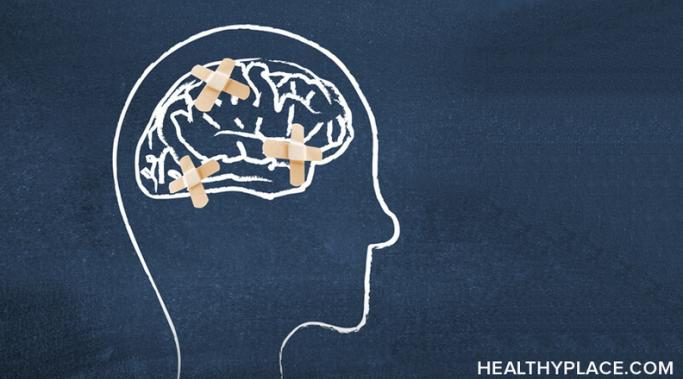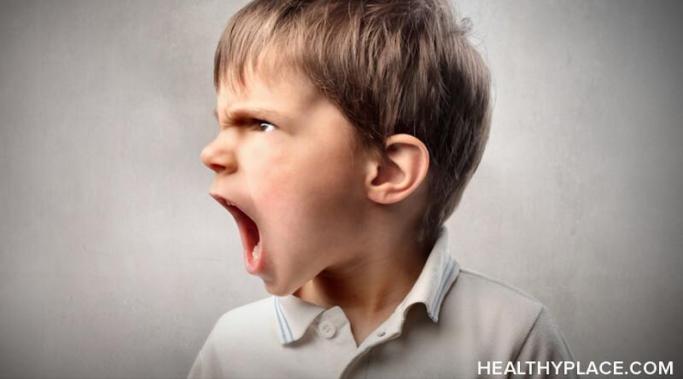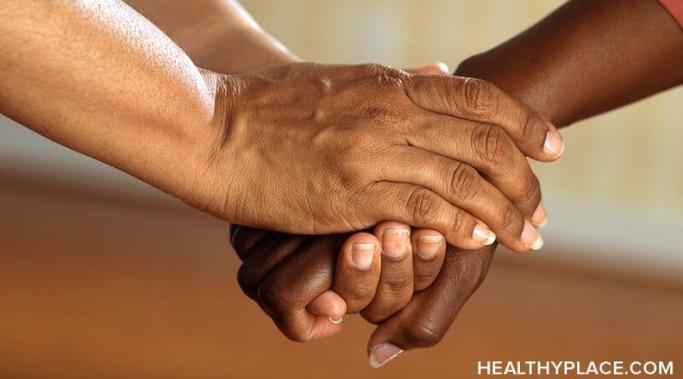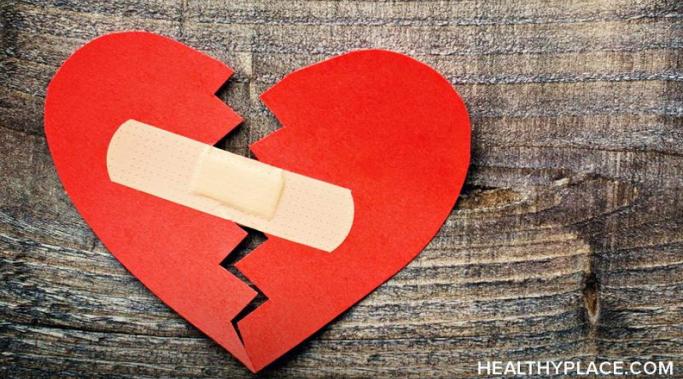Do you know how to focus on glimmers instead of triggers? The healing journey away from verbal abuse will consist of many elements. Individuals who face verbal abuse may have posttraumatic stress disorder (PTSD), low self-esteem, or anxiety. Other people's actions can often create triggers that bring back negative emotions tied to past experiences. Sometimes, these triggers can be debilitating for individuals recovering from verbal abuse. However, the term glimmers has recently become common among people familiar with triggers.
Disorders Resulting from Abuse
Recently, I was concerned that the effects of verbal abuse had damaged me. This revelation came to me after watching "Barbie." The more I talked to others about this film, the more I realized I was one of the few people who didn't cry during the show. Is it because I'm damaged from verbal abuse?
Living with an illness can be exhausting and defeating for anyone, especially someone healing from verbal abuse. When you are sick, the mind may explore possible outcomes, no matter how unlikely they may be. Unfortunately, the brain can be hard to shut off, particularly when the body is battling an illness.
As with adults, children may use verbal abuse in their daily lives for various reasons. Sometimes, parents allow verbal abuse and will not correct their children when they exhibit this damaging behavior.
For me, self-love is part of healing after verbal abuse. Individuals who experience verbal abuse may have low self-esteem, which can trickle into other areas of life. Without healthy confidence, people may neglect to care for themselves or regularly put themselves second to others. Understanding how to reintroduce healing self-care and self-love into your life can be challenging after breaking free from verbal abuse.
Moving forward to a life without verbal abuse can be challenging. It can be hard to break free from the abuser, find healthier relationships, and receive the love and respect you deserve. There is no designated timeframe to minimize the effects of verbal abuse in your life. Some people, like myself, go through years of therapy, while others may have an easier time with their healing journey to a life without verbal abuse.
The question is, can you heal from verbal abuse? Verbal abuse is prevalent in many relationships. It does not choose age, skin color, or social standing. Instead, you can find this harmful behavior in various places, like the school playground, between partners at home, or even in the workplace. With such a widespread problem, is it even possible to heal from the negative effects of verbal abuse?
You may hear the term "tough love" thrown around in conversation. While tough love isn't always verbal abuse, it can sometimes cross the line. Knowing the difference between tough love and verbal abuse can help you refrain from using verbal abuse or being the recipient in a verbally abusive situation.
The grieving process can be traumatic for verbal abuse victims, although the experience is unique for each person. When major life events happen, victims of verbal abuse may work through their grief differently than others. It can take more or less time to heal and move through grief than expected. It's important to recognize that there is no right way to grieve. Verbal abuse victims should seek the help and support they need while working through grief, especially if the grieving process is traumatic.
Healing from a verbally abusive situation will be a unique journey for everyone. One person's strategies may not be successful for someone else. Finding the right tools to deal with the side effects of abuse can be challenging. Thankfully, I have several methods to help combat my self-doubt and reinforce my worth, including strategies like daily affirmations for verbal abuse.









